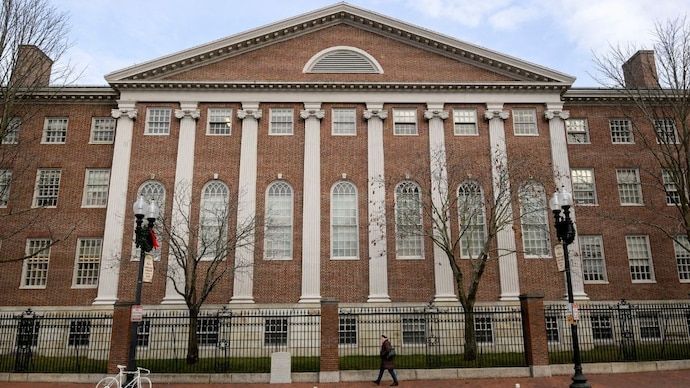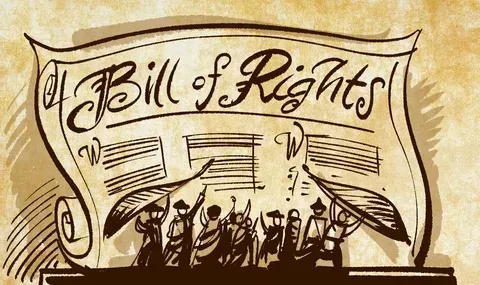Disciplinary Procedures for Texas Public Schools
Getting in trouble at school is always stressful, and the disciplinary procedures can be confusing. Fortunately, Lento Law is here to help. This article will address the laws on discipline in Texas Public Schools.
Chapter 37 of the Texas Education code governs discipline. This chapter will tell you a lot of what you need to know when you or your child is in trouble at school. There are two other documents you will want to review as well. The most important is your district’s Student Code of Conduct. This document is usually easy to find on your district’s website. It may be part of a student or parent handbook. You can always call your district if you have trouble finding it. The education code gives school districts a lot of discretion as to procedures for discipline. It requires school districts to have a Student Code of Conduct outlining behaviors that will result in discipline as well as the district’s procedures for discipline.
The other document you will want to check for is your school district’s District of innovation plan. Not every district will have this, and you may want to call and ask if they do if a search of their website doesn’t pull it up. A District of Innovation plan lets a school district opt out or change parts of the Education Code, so some sections of Chapter 37 may not apply to your district.
Now that you know some of the other important documents you’ll want to review, let’s go over some important aspects of Chapter 37 itself. Chapter 37 is specifically applicable to public schools. If you or your child are in private school, you’ll want to check your school’s specific policies and procedures, which are usually on their website.
The serious disciplinary procedures that Chapter 37 covers are suspension, removal to an alternative school, expulsion, or placement in a juvenile justice education program. The code mandates that when imposing these punishments, the district has to consider whether the student was acting in self-defense, the student’s intent, their disciplinary history, any disability that substantially impairs the student’s ability to understand the wrongfulness of the conduct, A student’s status in the conservatorship of the Department of Family and protective services, or the student’s status as homeless. These six factors are your best defense if you are in danger of receiving one of the four serious punishments.
If a covered disciplinary action is taken against a child, the school has to promptly notify the parent or guardian by calling them or talking to them in person and by making a good faith effort to provide written notice. Remember though that districts can opt out of requirements like this.
An out of school suspension cannot last longer than three days under the code. Your Student Code of Conduct will list the behaviors you can be suspended for. If your child is homeless or below 3rd grade, there are stricter requirements for suspending them, so make sure they did one of the behaviors listed in § 37.005 of the code.
For some behaviors, the school is required to place a child in an alternative education program. Those behaviors include sexually assaulting another student, engaging in conduct punishable as a felony, committing assault, public indecency, or harassment, or selling or possessing a controlled substance, dangerous drug, alcohol, or e-cigarette. There are a lot of other behaviors in the code and your Student Code of Conduct for which the district can place a child in alternative school.
If you or your child is removed from class, the district has to schedule a conference with the child, there guardian, and the teacher or school official who removed the child. This conference has to be scheduled not later than the third class day after the removal. At, but not before the conference, the child is entitled to notice of the reasons for the removal. The child, guardian, or their attorney will be given an opportunity to tell their side of the story. After the conference, the campus behavior official will decide if additional punishment is needed. Some districts allow for an appeal if the decision is unfavorable, but they are not required to do so.
If your child is removed from class, the consequences can be serious. They could be expelled or sent to alternative school. The laws regarding school discipline are complex, and you should consult with an attorney immediately. The education professionals at Lento Law Group help Texas school students all the time, and we would be happy to help you too. Please give us a call so we can help you and your child navigate this stressful situation.
More News & Resources











